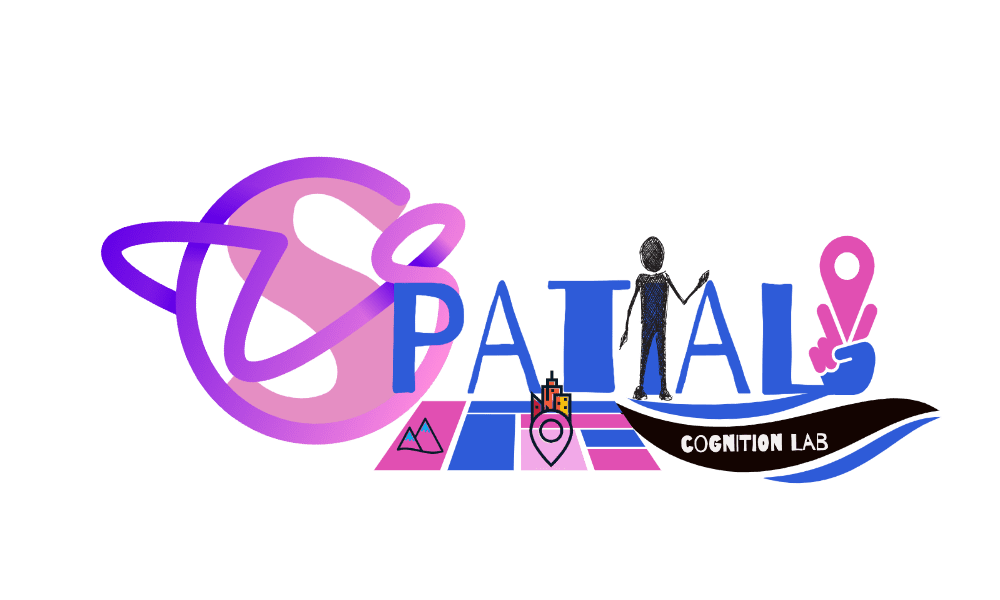ABOUT US
Internal factors include individual differences, gender differences, personality traits, cognitive styles (predispositions to grasp certain elements of the environment rather than others), navigational strategies, familiarity with the environment and professional, sporting or life experience.
Our lab promotes and supports interdisciplinary research focused on assessing, predicting, and optimizing human performance.
Although Spatial Cognition is the main topic, the members of the Lab have developed independent research interests and combined them with the main theme of the workshop. To find out more about the other topics click on and individual profiles.
External factors, on the other hand, concern the characteristics of the environment, its complexity and the presence of natural or man-made distant reference points. The accessibility of reference points (landmarks)but also the size of the environments.
Emphasis is placed on the effects of these factors on the mental representation of the environment, on learning processes and the recall of environmental information, but also on aspects more related to executive functions such as travel planning, problem solving and decision making. In recent years we have also investigated the role of positive and/or negative emotions in spatial orientation and the formation of the cognitive map of the environment itself.
We investigate spatial orientation and its disorders in clinical populations (patients with brain damage following acquired focal lesions or cognitive decline). Special emphasis is placed on developing useful tools for early diagnosis, rehabilitative treatments and training to develop and/or maintain spatial cognition which is a crucial resource for successful ageing and autonomy in daily life.


